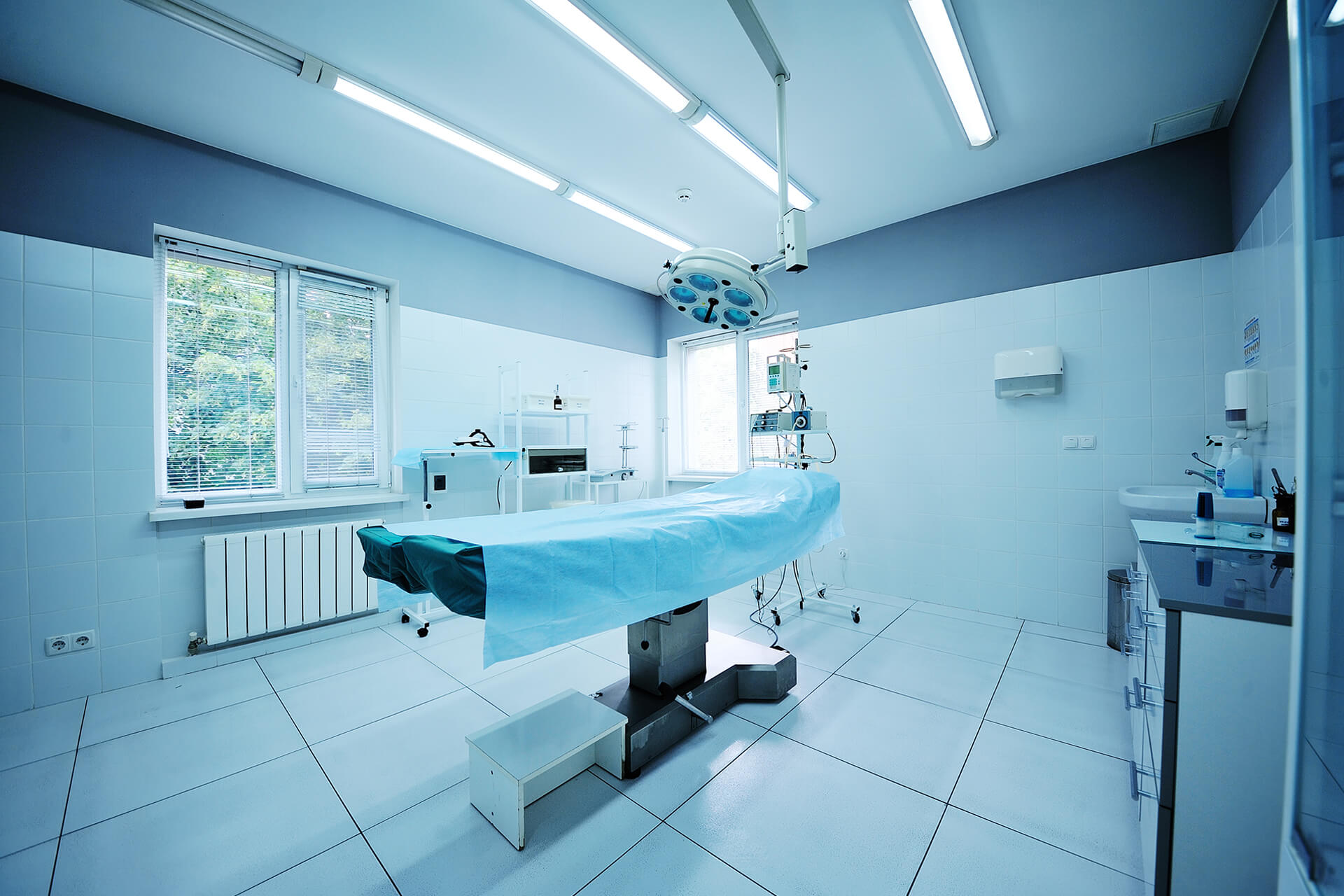Testicular atrophy and TRT
Testosterone replacement therapy (TRT) is an effective long-term solution for the symptoms of testosterone deficiency – fatigue, low mood, decreased libido, and decreased muscle mass among them. But as with any medical treatment, TRT isn’t always free of side effects. One condition often linked to TRT is a decrease in the size of your testes, clinically known as testicular atrophy. But why does that happen? Let’s look at it in more detail. Testicular atrophy and TRT First things first: yes, undergoing TRT could cause your balls to shrink. Multiple studies mention testicular atrophy as a possible side effect of TRT. One study found that of the TRT patients who reported testicular atrophy, their testes decreased in volume by an average of 17%. The same study found that it was more likely to affect men with larger testes, and also those who inject testosterone rather take it in gel or tablet form. Why TRT can lead to testicular atrophy Your body is a finely-tuned machine, and one slight imbalance can easily lead to another. This is what can happen if you have a testosterone deficiency. When your body isn’t producing enough testosterone for your needs, it could cause a range of symptoms that seriously affect your quality of life: fatigue, low mood, diminished sexual desire, and many more. To address that imbalance, many men turn to TRT. But here’s the problem that can arise: when you start adding testosterone from an external source, your body may think there are elevated levels of testosterone in your system. In some cases, your hypothalamus will then signal to your testes to produce less sperm. Over time – normally around six months – this lack of activity in your testes can mean they start to shrink in size. But don’t despair. Although that may sound a little worrying at first, the good news is that testicular atrophy shouldn’t actually be a medical concern for most TRT patients. Is testicular atrophy something to be concerned about? For most TRT patients, the main issue around testicular atrophy is likely to be personal. Some men may simply not be comfortable with having smaller testes, while others may even see it as emasculating. But in scientific terms, the main physiological effect of testicular atrophy is decreased sperm production. For some men that will be important: particularly those who plan to have children in the future. A lower sperm count doesn’t make it impossible to have children, but it will make it more difficult. However, it may be less of an issue for older men. Because smaller testes doesn’t mean lower libido. It’s just a visual difference. It’s worth mentioning that sperm production returns to normal around 12 months after stopping TRT. There are also testosterone treatments available that don’t affect fertility – more about that in the next section. As with any medical treatment, it’s important to weigh up the benefits and risks with your TD doctor to decide whether it’s right for you. For some men, TRT (and its side effects) will be a risk worth taking if it counters the symptoms of testosterone deficiency. Is testicular atrophy treatable? Testicular atrophy won’t affect everyone who undergoes TRT. But if you’re concerned about testicular atrophy prior to starting TRT, or have already noticed changes in the size of your testes, there are options to help combat the risk of testicular atrophy associated with TRT.
For most TRT patients, the main issue around testicular atrophy is likely to be personal. Some men may simply not be comfortable with having smaller testes, while others may even see it as emasculating.


Some medicines are known to mimic the action of lutenizing hormone (LH), which is believed to help support your body’s sperm production. In cases where there is a clinical need, these medications can be used in combination with TRT to stave off testicular atrophy and a lower sperm count. Testicular atrophy is a commonly reported side effect of TRT. But it’s not necessarily something to worry about. Weigh up the risks of the treatment with the potential boost to your quality of life, and remember there are solutions out there if you’re concerned.
- Tags:
- Insurance


